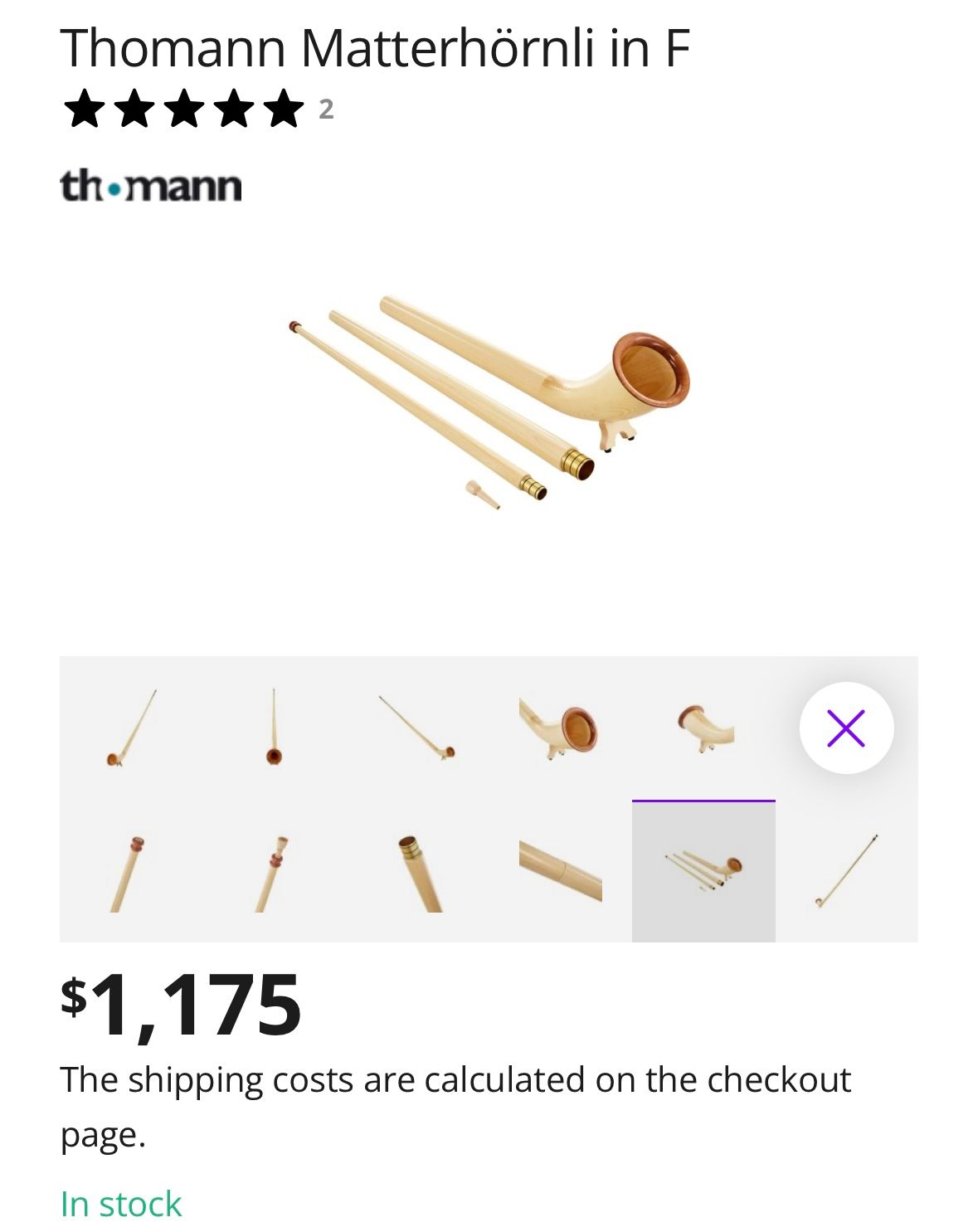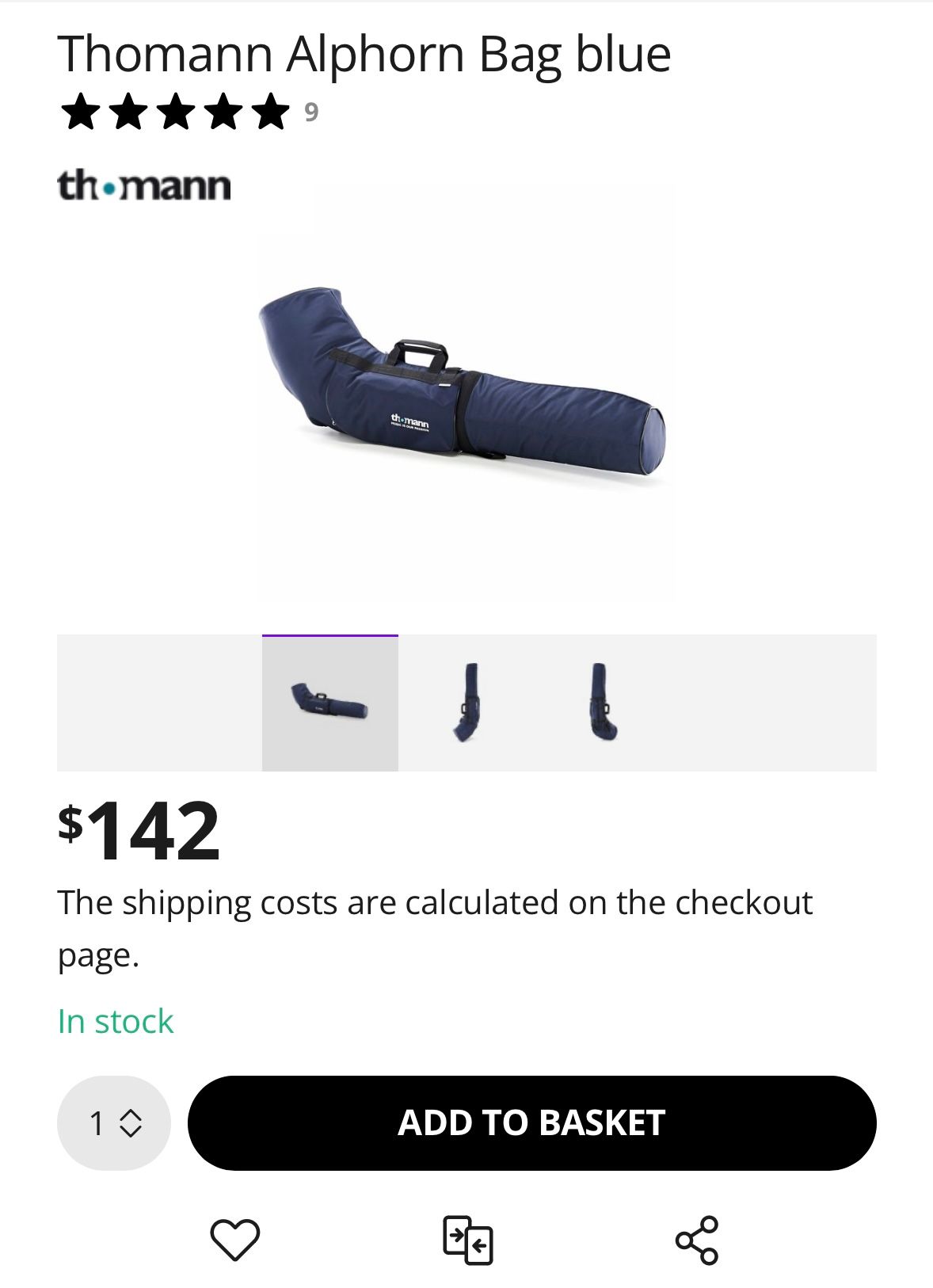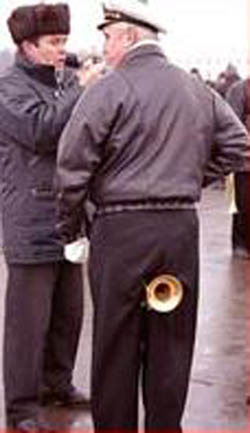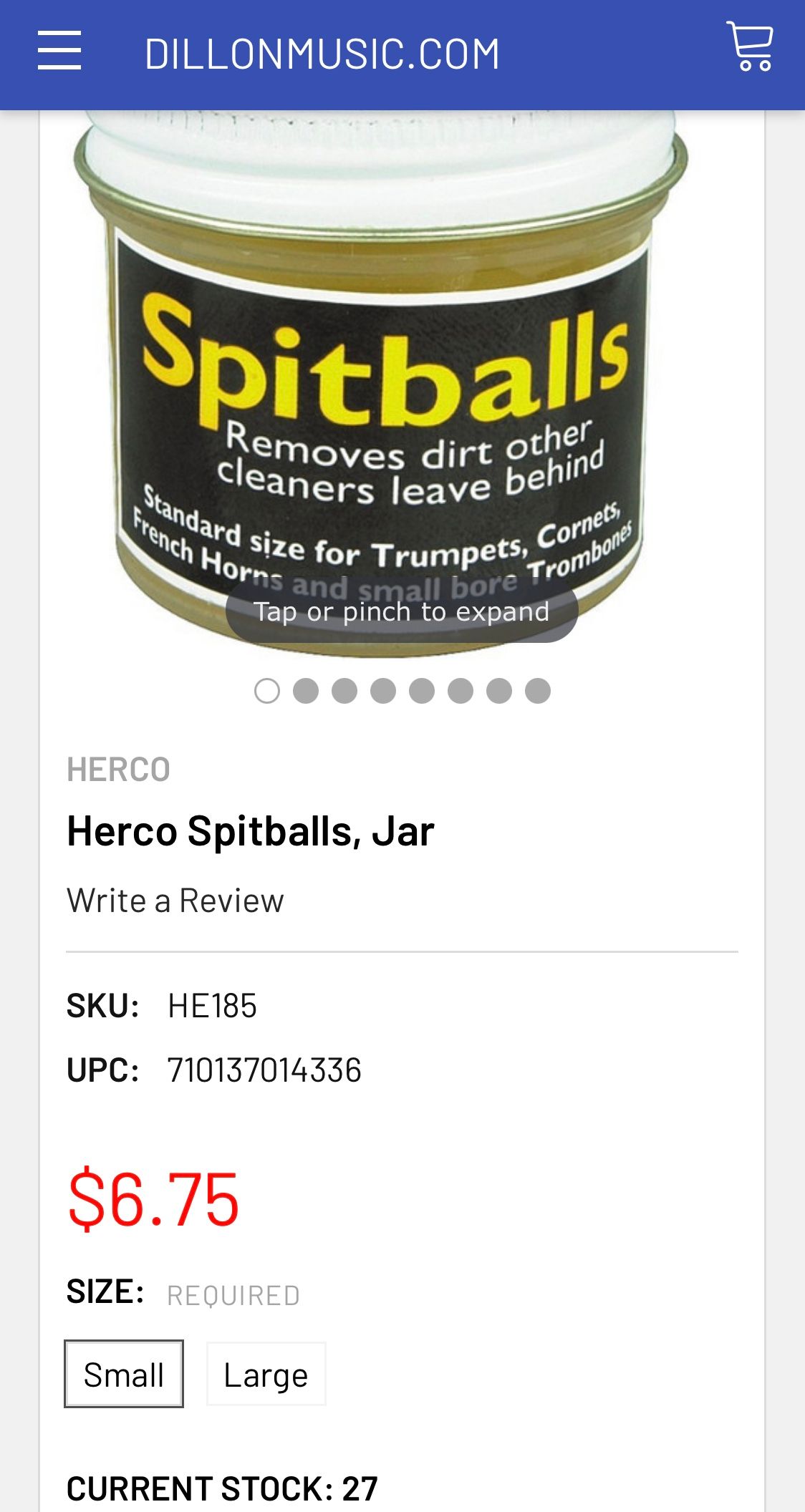The following as an excerpt from a medical news letter that reports highlights from the medical literature. The article discusses what it takes to become an expert surgeon and how to streamline the learning that is involved. We have all heard and even previously discussed the 10,000 hour rule and some of us have read Malcolm Gladwell’s book “Outliers”. The beginning of this article applies to musicians and athletes. I thought that you might find it interesting.
WHAT DOES IT TAKE TO BECOME AN EXPERT?
The question on expertise has fascinated K. Anders Ericsson, PhD, for decades. Dr. Ericsson began studying how professional musicians and high-performance athletes train to become masters of their craft—how much time they dedicate, how they practice, and how they maintain and develop new skills.
In an early study, Dr. Ericsson found that it took, on average, more than 10,000 hours of practice to become the most promising violin students at a music academy by age 20 years (Psychol Rev1993;100[3]:363-406). To achieve mastery, he found that internationally recognized pianists put in closer to 20,000, even 30,000, hours of deliberate practice.
“The key to achieving expertise is not only how long you practice; it’s also about what you practice and how you practice,” said Dr. Ericsson, the Conradi Eminent Scholar and a professor of psychology at Florida State University in Tallahassee, who presented his research at the 2019 Canadian Surgery Forum.
Deliberate practice, Dr. Ericsson explained, means pinpointing specific problem areas and working on them until they become second nature. To achieve this, a teacher must first analyze a student’s skills and focus on particular features that can be improved. The teacher then needs to delineate what type of practice can help achieve those goals, and the student then spends hours working to reach them. Practice time, however, will vary by the profession and the individual person.
Although you can’t rush expertise, you can make that process more efficient,” Dr. Ericsson said......
THE REMAINDER OF THE ARTICLE APPLIES TO SURGERY.
I will open this up to discussion.
Sent from my iPhone







